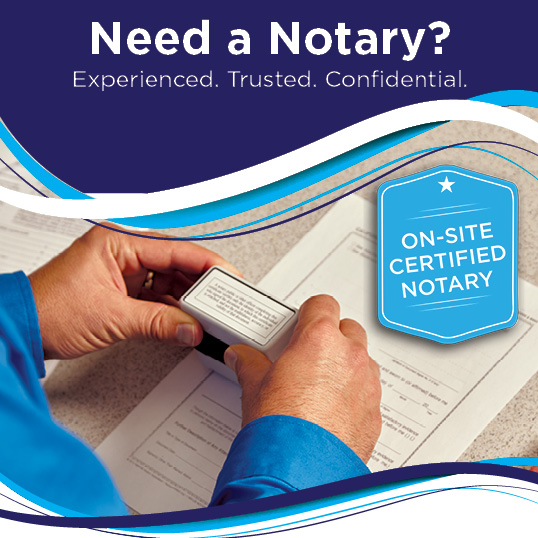Experienced Conveyancer: Browsing Residential Property Transfers with Experience
Wiki Article
Debunking Notarial Work: Simplifying the Duty and Relevance of Notaries
Their duty, commonly shrouded in mystery for several, lugs considerable weight in making certain the legitimacy and honesty of important papers. By untangling the intricacies shedding and surrounding notarial methods light on the significance of their acts, a more clear understanding arises of the crucial role notaries play in supporting the fabric of lawful and legal agreements.The Background of Notarial Work
Just how did notarial job develop in time to end up being an indispensable component of lawful and service transactions? The background of notarial work go back to ancient worlds, where scribes played a critical role in recording important info and verifying records. As societies advanced, the requirement for a much more formalized system to ensure the validity of agreements developed. This brought about the development of notaries, individuals designated by the state to act as objective witnesses in lawful matters.
Throughout the Middle Ages, notaries acquired prestige in Europe, with their functions broadening to include preparing legal documents, licensing signatures, and maintaining documents. The rise of global trade even more emphasized the relevance of notarial operate in validating agreements and contracts throughout boundaries.
In the modern era, notaries continue to play a vital function in legal and service deals by validating identities, confirming the credibility of documents, and stopping fraudulence. Their function in licensing the credibility of contracts includes a layer of protection and depend on to the ever-evolving landscape of business and legislation.

Obligations and Duties of Notaries
Notaries play an important duty in confirming the authenticity of papers and the identification of signatures. One of their main responsibilities is to witness the signing of important records, such as acts, wills, and agreements, to ensure that all parties are getting in right into agreements intentionally and voluntarily.They certify copies of initial papers, giving guarantee to institutions that the duplicates are real reproductions of the originals. Overall, the obligations and obligations of notaries are essential in protecting the integrity and legality of different documents and deals - DIRCO.
Notarial Certificates and Signatures
Exemplifying thorough interest to detail, notarial certificates and trademarks work as crucial elements in verifying the credibility of legal papers. Notarial certificates usually consist of crucial information such as the date of registration, the names of the Get More Info signatures, a description of the file, and the notary's main seal. These certificates offer a clear document of the notarial act, making sure that the record can be easily recognized and mapped back to the notary who looked after the procedure.Signatures play a pivotal role in notarial work, as they represent the agreement and permission of the parties included. Notaries meticulously witness the signing of papers to confirm the identity of the signatories and validate that they are authorizing of their very own free will. By fastening their official seal and trademark to the document, notaries accredit that the needed treatments have actually been complied with which the record is legitimate and enforceable.
Fundamentally, notarial certificates and trademarks are the hallmark of credibility in lawful purchases, providing assurance to all celebrations included that the papers are reputable and binding.
Significance of Notarial Acts

Notarization Refine Discussed
The registration procedure commonly starts with the private offering the record to a notary public. As soon as the identity is confirmed, the notary makes sure that the private authorizing the record does so voluntarily and without any kind of coercion.
Conclusion
:max_bytes(150000):strip_icc()/GettyImages-598314157-cb6389c9e28f4c1aaf002263febab019.jpg)
Notarial certificates commonly include critical details such as the date of notarization, the names of the notaries, a summary of the file, and the notary's main seal. These certificates supply a clear document of the notarial act, making certain that the paper can be conveniently identified and traced back to the notary who looked after the process.
By attaching their official seal and trademark to the record, notaries license that the needed treatments have actually been followed and that the paper is legitimate and enforceable.
By validating the identification of the signatories, confirming their determination to enter into the arrangement, and certifying the day and area of the signing, notaries play an essential role in supporting the credibility of legal papers.After the record is authorized, the notary will certainly fasten their official seal or stamp onto the paper.
Report this wiki page